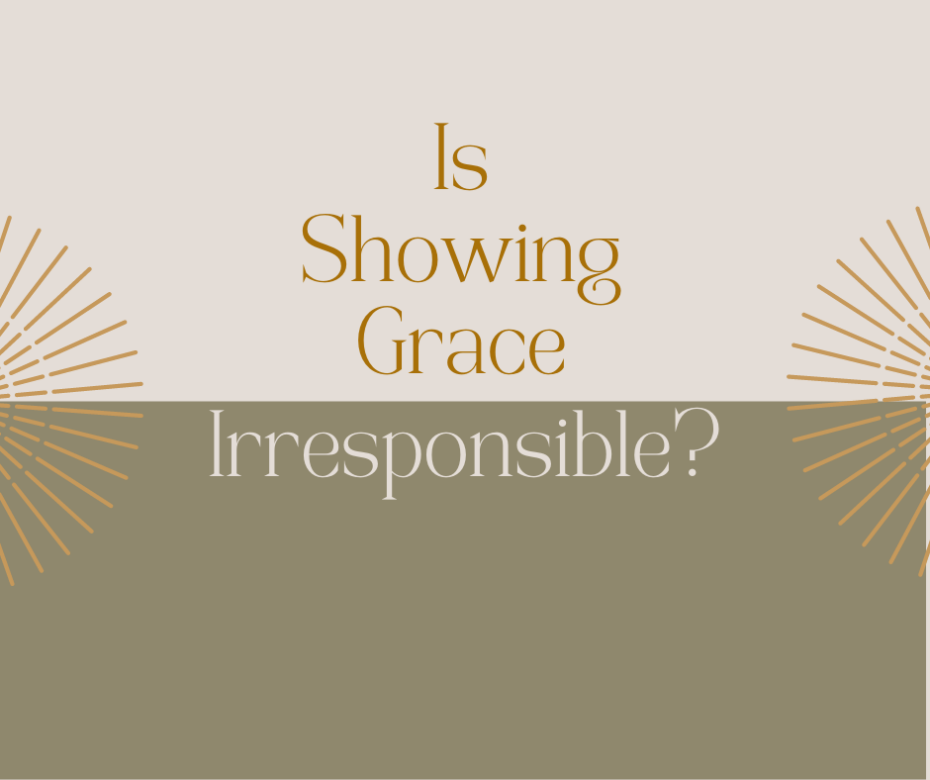The story of Lot reminds me of the story of the prodigal son.
You’ll remember that Lot was Abraham’s nephew and had followed his uncle to the Promised Land. Both men grew rich, so much so that the land could not support both their herds, and their respective cowboys were getting into fights.
Something had to give.
Abraham could have pulled rank. He was the elder statesman, and God had promised him the land, not Lot. Abraham could have fought for the best land and relegated Lot to the scraps. And that probably would have made everything worse. So instead, Abraham gave Lot the first pick. And that was both an act of grace and of faith. As Allen Ross says, “Abram’s faith shows that there was a better way of solving a potential conflict, the way of self-renunciation” (Ross, Creation and Blessing, p. 289).
Abraham reminds me of the father in the Parable of the Prodigal Son. Even though the property belonged to the father, he gave his son his inheritance early. Instead of fighting with his son, the father chose the path of self-renunciation, figuratively declaring himself dead so that the son could have his inheritance. The neighbors must have gossiped about that! How many would have recommended that the son be stoned to death for his rebellion, not rewarded with a cash payout.
Several commentators also note that what Abraham did was an act of great faith. God promised to give him the land, and Abraham believed Him. In other words, Abraham believed that even if Lot took the land for himself, God would still give it to him one way or another.
So Abraham let Lot go. And where did he choose to go? To Sodom! A city so wicked that God destroyed it. Likewise, where did the prodigal son go? Not to a monastery but to a far country to spend his wealth in wicked living.
Was it easy for Abraham to give Lot the first choice, or for the father to give his son an early inheritance? No. But Jesus never said showing grace would be easy, or that it would always be successful, or that it wouldn’t look foolish in the eyes of the world. Showing grace is an act of faith, and you usually only see the benefits in the long term. For example, where raising children are concerned, Paul Zahl says:
The rewards of grace are best appreciated retrospectively. You love your drug-addicted child through recovery program after recovery program. You do not listen to the voice of the law, which forever speaks of “tough love” and “accountability”; but you extend the hand of one-way love and extend it again (Zahl, Grace in Practice, p. 171).
In the short term, showing grace is hard. The person to whom you show grace may not appreciate it. After all, was the prodigal son immediately changed by his father graciously giving him his inheritance early? Not at all. Hence, Zahl warns:
Your hand is bitten. It may be bitten off. But grace knows no limits, for words like “limits” and “boundaries” are the culture of the law (Zahl, Grace in Practice, p. 171).
After showing them grace, your son and daughter might still go back into rehab or into that toxic relationship or back into jail. But when they come back out and come back to you, you show them grace, just as God shows you grace every time you come back to Him.
The world does not understand that. It thinks grace is foolishness for foolish people. And let’s admit it, it often does seem irresponsible. It seemed irresponsible for Abraham to let his nephew have first choice of the land that he was supposed to inherit. It seems irresponsible for the father to give money to a wayward son who will certainly waste it. And perhaps showing grace is irresponsible, except for one factor: God.
People will tell you that you are rewarding irresponsibility. But you know better. You know that, in the long run, grace draws its own back home (Zahl, Grace in Practice, p. 171).
Why do we know that grace draws people in the long run? Because showing grace is an act of faith that God is working in ways you do not see and cannot understand.
Showing grace to people, instead of trying to control them with law, is an act of faith that God is in control and sovereignly drawing people to himself (but I do not mean in a deterministic way). God draws, but we’re free to resist.
However, resisting the call to come back home is much harder when that home is a grace-filled place. It’s easy to run and forever stay away from a critical and legalistic home. But when a prodigal has been burned and broken by a graceless world, one of the most powerful ways that God draws him back is by reminding him of the love you showed him time and time again.
In the long run, the way of law drives out while the way of grace draws in.


